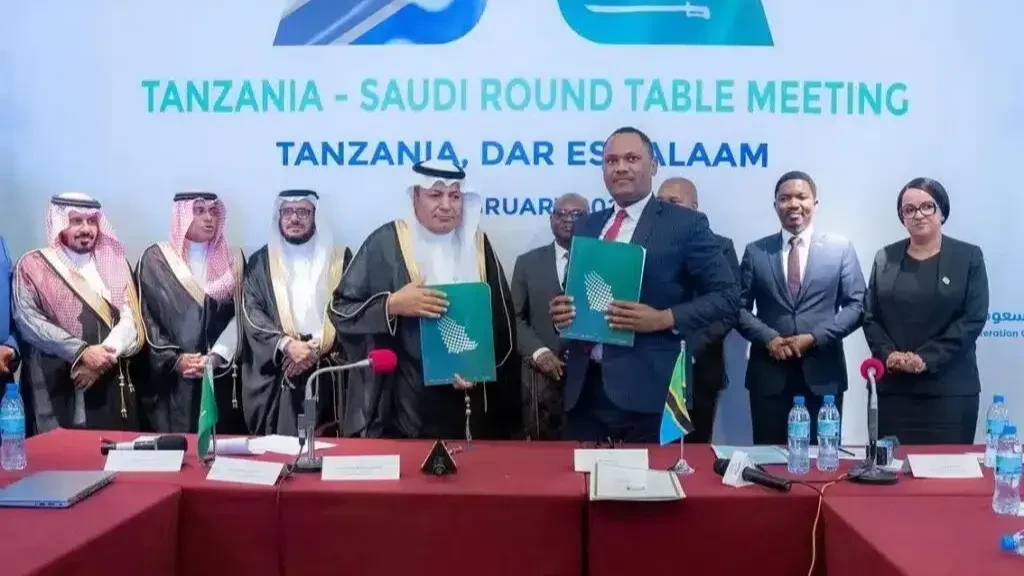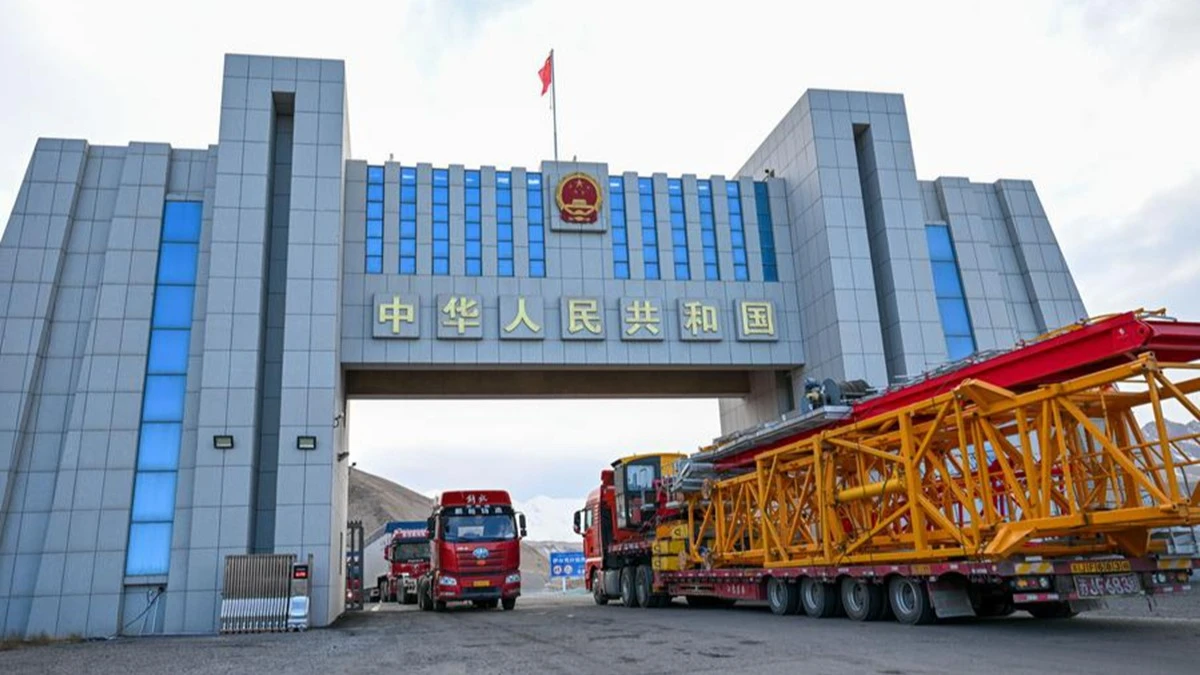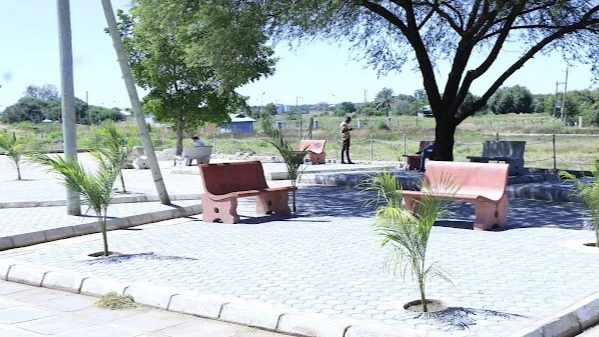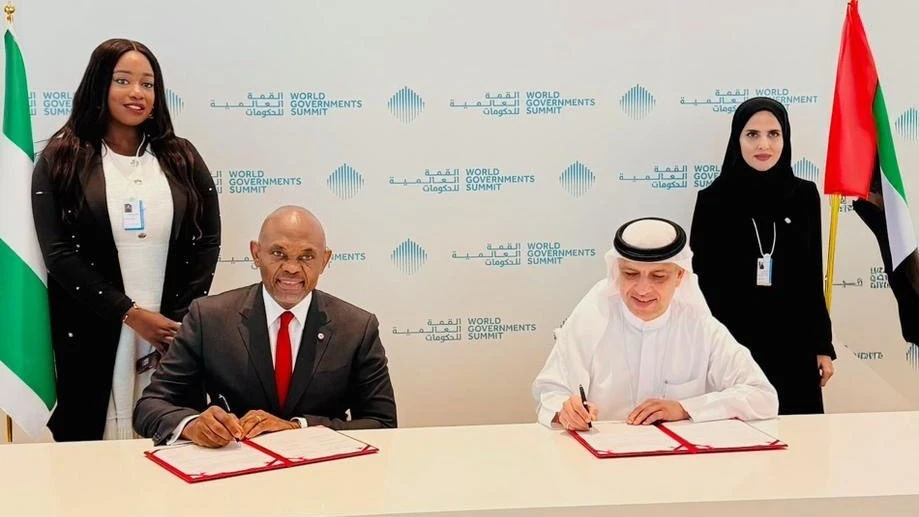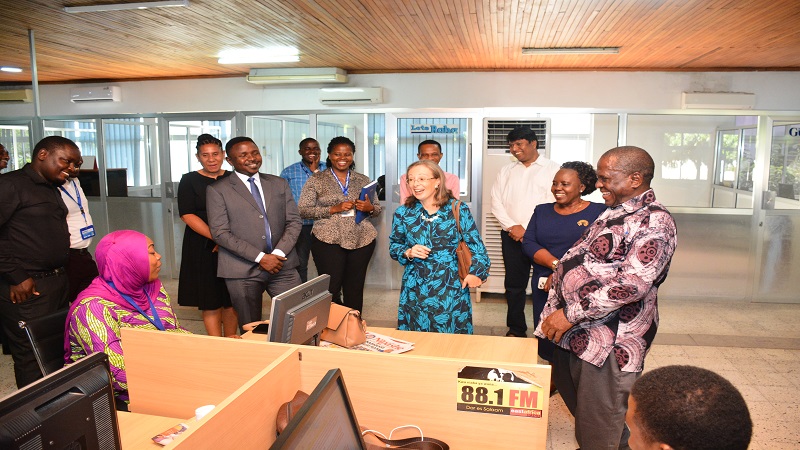Shinyanga’s cleanliness drive: A joint effort for a greener, healthier and brighter future
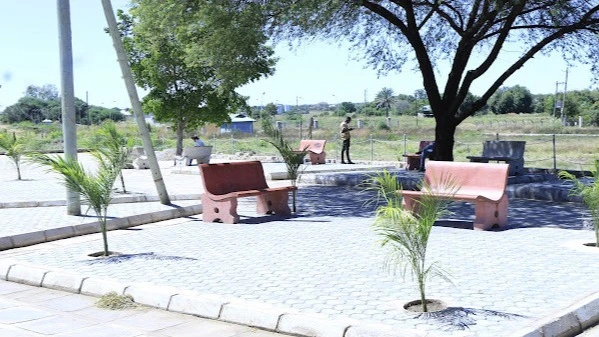
SHINYANGA’S commitment to cleanliness has always been a point of pride, reflecting the city’s deep care for its people and environment. The city has long been recognized for its efforts to keep the streets tidy and the air fresh, setting a shining example for others.
On February 7th 2025, the Municipal Council of Shinyanga met to reaffirm this commitment, with councilors from all areas coming together to discuss the future. They gathered to chart a course that would ensure the city maintains its place as one of Tanzania’s cleanest urban centers.
At the heart of the conversation was the importance of waste management, public participation, and the need to address emerging challenges that threaten the city’s hard-earned cleanliness achievements.
Shinyanga’s journey toward environmental cleanliness has been marked by steady progress, a reflection of the local government's understanding that a clean city is much more than just pleasing to the eye. It is a vital component of public health, sustainable economic growth, and long-term urban planning.
The municipal’s efforts have been recognized nationally, earning Shinyanga the prestigious National Cleanliness Award from the Ministry of Health—a monumental achievement that has set a benchmark for other cities across the country.
The focal point of the discussion was Revocatus Lutunda, the acting director of Shinyanga Municipality, who led the council meeting with a strong call to refocus on improving the city’s cleanliness efforts.
His remarks came in response to concerns raised earlier by Rubeni Kitinya, the councilor for Kizumbi, who highlighted a slow but noticeable decline in the city’s cleanliness. Despite Shinyanga's reputation as one of Tanzania's cleanest municipalities, Kitinya pointed out that the municipal’s cleanliness seemed to be losing momentum, signaling an urgent need for action.
Revocatus Lutunda’s response to the concerns was resolute. He assured the council that the municipal authorities would not allow the area to fall back from the high standards it had set. "A clean town is more than just a matter of pride," he said during the meeting. "It is about the health and well-being of our people, economic opportunities, and ensuring that Shinyanga remains a place where both citizens and visitors alike feel safe and proud to be."
The meeting not only reaffirmed the municipality's commitment to cleanliness but also focused on practical strategies to reinforce these efforts.
Among the plans discussed were designated communities cleaning days, where residents would join forces to clean their neighborhoods, as well as awareness campaigns aimed at educating citizens about the importance of environmental hygiene.
Lutunda stressed that the responsibility of keeping the city clean does not rest solely on the local authorities but must be a collective effort involving all residents. "Everyone has a role to play in maintaining the cleanliness of our city," Lutunda added, stressing the need for public participation.
The conversation also addressed the challenges that continue to hamper the municipality's cleanliness goals. Waste collection, while integral to the city’s sanitation efforts, has been a source of frustration.
Some waste management agencies have faced criticism for inefficiencies, particularly in transporting waste to designated disposal sites. There have been reports of waste being carelessly dropped along streets while being transported, an issue that has led to the perception that the city’s cleanliness standards are being compromised.
Lutunda acknowledged these lapses and assured the council that the municipality was working to address these challenges. "We understand the frustration of our citizens, and we are actively working to ensure that the systems we have in place operate effectively," he explained.
The local authorities have begun reviewing the performance of waste collection agencies to ensure accountability and improve efficiency. A focus on stricter monitoring and enforcement of cleanliness standards is part of the plan to prevent such lapses in the future.
While Shinyanga grapples with these issues, it is not alone in facing the complex challenge of urban cleanliness. Other cities in Tanzania and beyond are also working hard to balance urban growth with the need for environmental conservation.
Arusha, for example, has taken a unique approach by requiring all construction permit applicants to plant a minimum of five trees as a condition for approval. This regulation not only promotes the green cover of the city but also fosters a sense of environmental responsibility among developers. It is an example of how urban growth can be harmonized with sustainable practices, ensuring that cities do not lose sight of the importance of environmental stewardship.
Mwanza, Tanzania’s second-largest city, has also made significant strides in improving waste management and urban planning. A key factor in Mwanza’s success has been its strong emphasis on community engagement.
The city’s residents have been actively involved in keeping their surroundings clean, with local initiatives encouraging people to take pride in their neighborhoods. This collective effort has not only helped maintain cleanliness but has also contributed to Mwanza’s economic growth, particularly in the tourism and trade sectors, as clean and well-maintained infrastructure attracts both investors and visitors.
Shinyanga’s case is just one example of how municipalities across the globe are responding to the challenges of rapid urbanization and environmental degradation. Cities like Windhoek in Namibia and Cape Town in South Africa have also garnered attention for their innovative approaches to cleanliness.
Windhoek’s strategies, which include public-private partnerships and a strong focus on waste reduction, have made it one of the cleanest cities in Africa. Similarly, Cape Town’s relentless efforts to preserve its environment through conservation initiatives have earned it recognition as a leader in sustainable urban living.
Nairobi, Kenya’s bustling capital, has adopted a multifaceted approach to cleanliness, including the deployment of waste collection trucks and the implementation of green initiatives, such as the restoration of parks.
Nairobi’s approach highlights the importance of combining technology with community-driven efforts to maintain cleanliness and environmental health in rapidly growing urban centers.
Urban planners across the world recognize that achieving cleanliness in cities requires more than just efficient waste management systems. It involves a holistic approach that includes sound urban design, technological innovation, and most importantly, active citizen engagement.
Renowned urban planner Jan Gehl, who has worked extensively on creating sustainable and livable cities, believes that urban design should prioritize people. "A city that is clean and well-maintained fosters a sense of community pride and belonging," he has said. "It makes people feel invested in the place they live, encouraging them to take care of their surroundings."
Urban activist Jane Jacobs, author of The Death and Life of Great American Cities, also argued for grassroots involvement in urban sanitation. She believed that cities thrive when residents take an active role in their upkeep. According to Jacobs, a city's success lies not only in its infrastructure and policies but in the strength of its communities.
The council meeting on 7th February 2025 reinforced the idea that city cleanliness is not just the responsibility of the municipal authorities. It is a collective duty shared by everyone—businesses, residents, and local governments alike.
Shinyanga’s ongoing initiatives are a reminder that a clean city is a prosperous city. Maintaining high hygiene standards is crucial to ensuring that the city’s growth remains sustainable, attractive, and beneficial for all.
As urban centers continue to expand, cities like Shinyanga are setting a positive example for others to follow. By learning from global best practices and adapting them to local contexts, Shinyanga and other municipalities across the world can ensure that cleanliness remains an integral part of their identity. In doing so, they will not only safeguard public health but also create urban spaces that are conducive to thriving communities and sustainable development.
Top Headlines
© 2025 IPPMEDIA.COM. ALL RIGHTS RESERVED











